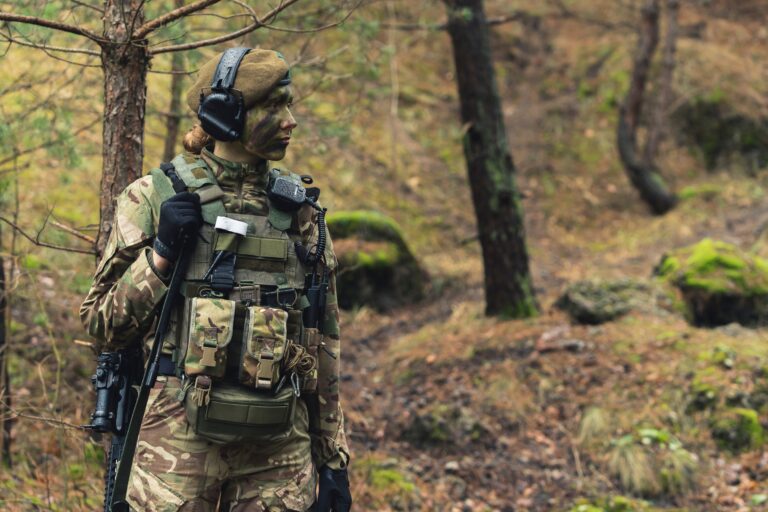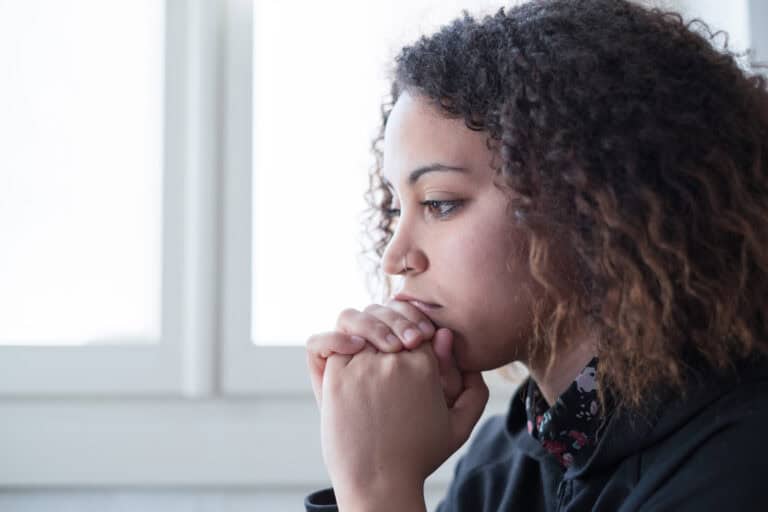Operation Broadshare: The Armed Forces at their best
Operation Broadshare, the codename for the Armed Forces’ response to the COVID-19 pandemic has once again shown us what a contribution they make to our safety and security. Also if recent reports are true, the pandemic shows the risks that they are put under, even when not being deployed into a combat environment.
The Armed Forces have provided a COVID Support Force which has seen 700 members of the Armed Forces deployed to assist civilian authorities with the response to COVID-19. The Coldstream Guards have delivered diagnostic equipment in the north of the country and other medical equipment in the south. The Army employed all their skills such as logistics, engineering and medical to make a massive contribution in turning London’s Excel Centre into NHS Nightingale, a 4,000 bed hospital. Army engineers helped with the delivery of power, heating, lighting and ventilation along with a supply of oxygen to Intensive Care Units. It was opened by Prince Charles via video link with the first 500 beds ready to treat coronavirus patients, if required. This is an amazing feat largely achieved by our own Armed Forces and we should be rightly proud of them.
However, there has also been a worrying report in the Guardian newspaper that some Army regiments and one in particular in Aldershot were in lockdown without social distancing being correctly applied and without enough suitable hygiene products. The soldiers were apparently frustrated to be told to leave their families and return to Barracks where they felt at risk.
It has been accepted by the Army that while they will apply social distancing measures where they can but there are times during training and in their day to day living in barracks that this is not possible. Although not confirmed, it is likely that the MOD are treating the Army as they are the police and those in the health service that have to work in groups.
The deployment of our Armed Forces in this current crisis reminds us of two things. Firstly, that all of our Armed Forces, and in this situation it is the Army who have been used so effectively, have such a wide range of skills and training that can be utilised for different requirements such as planning, building and logistics. The creation of the Nightingale Hospital has shown the Army at its best. Fast and effective at delivering at the time of a crisis. Secondly, while the Army are on standby, should they be called upon further to assist in dealing with coronavirus, many of our soldiers are now and will almost certainly be put at some risk to keep the country safe. It is not known what effect this will have in the weeks to come.










